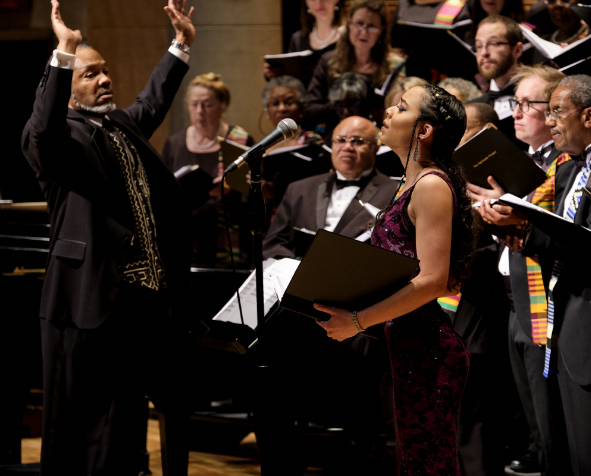Center for Innovation in the Liberal and Creative Arts Initiatives for 2021–22

Launched in 2018, the Center for Innovation in the Creative and Liberal Arts (CILCA) supports pilot projects and signature academic programs within the College of Arts, Humanities & Social Sciences. Funding for CILCA comes from grants, including one from the Mellon Foundation, the University of Denver and from individual donors.
Each year, entrepreneurial faculty members who’ve already invested time in their projects submit proposals for the CILCA committee to consider. Priority is given to early-stage projects that connect faculty and students, change how research is conducted, create new opportunities for students, commit to community partnerships, focus on social justice issues, and show potential for long-term sustainability.
This year’s CILCA Faculty Committee includes:
- Derigan Silver, CILCA director and associate professor of media, film & journalism studies
- Rick Barbour, professor of theatre
- Jeffery Lin, associate professor of sociology and criminology
- Andrea Stanton, senior associate dean and associate professor of Islamic studies
- Kristy L. Ulibarri, assistant professor of English & literary arts
They’ve identified the following projects to receive funding and administrative support this academic year.
Center for International Mountain Area Studies (CIMAS)
CIMAS focuses on supporting students and faculty who are passionate about advancing social science, humanities-focused research or creative ventures related to mountain cultures, geographies, communities, histories and ecologies. CIMAS will promote and advance the creation of high-impact experiential learning and research opportunities on issues specific to mountainous spaces and the people who inhabit them in highland communities across the globe.
CIMAS strives to create a space for collaboration between scholars, students and community members who research and/or live in mountainous or mountain-adjacent communities.
Classrooms to Careers
The Classrooms to Careers initiative connects CAHSS with national higher-education efforts to highlight career-relevant competencies in undergraduate courses, like the annual Competency Symposium. It brings to the forefront the competencies that students develop in arts and humanities majors, helping faculty and students to better understand those competencies and articulate them to future employers.
Classrooms to Careers has four parts: two centered on departmental efforts and two centered on individual instructor/course efforts.
Documenting Colorado’s Hidden Voices
Documenting Colorado’s Hidden Voices provides training and support for DU students to conduct and collect oral histories from Coloradans across the state. The project focuses on “unheard voices of Colorado,” which includes collections focused on: farmers, day laborers, domestic workers, unemployed workers, people experiencing homeless, people who were incarcerated and people who are undocumented. The first year will prioritize oral histories from Colorado’s agricultural community while cultivating other networks for the following years.
Through the support and training of Rachael Beyer, John W. Emery family assistant curator of oral history at History Colorado, students will collect and contribute to the establishment of these special oral history collections at History Colorado and DU.
Economics Keystone Project
The Department of Economics is creating a Keystone Learning Experience for its students, which includes introductory courses focusing on the three crises of capitalism (economic inequality, economic instability and ecological crisis). The project will create experiential learning opportunities throughout the major, and students will be required to take one 2000-level keystone course and either a community-engaged service-learning course or an internship.
In addition to these new projects, CILCA will continue its support for ongoing projects, including:
- DU Media
- Davis Community Art Lab (DCAL), formerly Photography and Community Engagement (PACE)
- DU Ethnography Lab
- Clinic for Open-Source Arts (COSA)
- Sacred Sounds & Social Justice
- Psychology Microcredentials
- Integrated Practices and Degree Synthesis Initiative
For more information, visit the CILCA website or email Derigan Silver, CILCA director.




